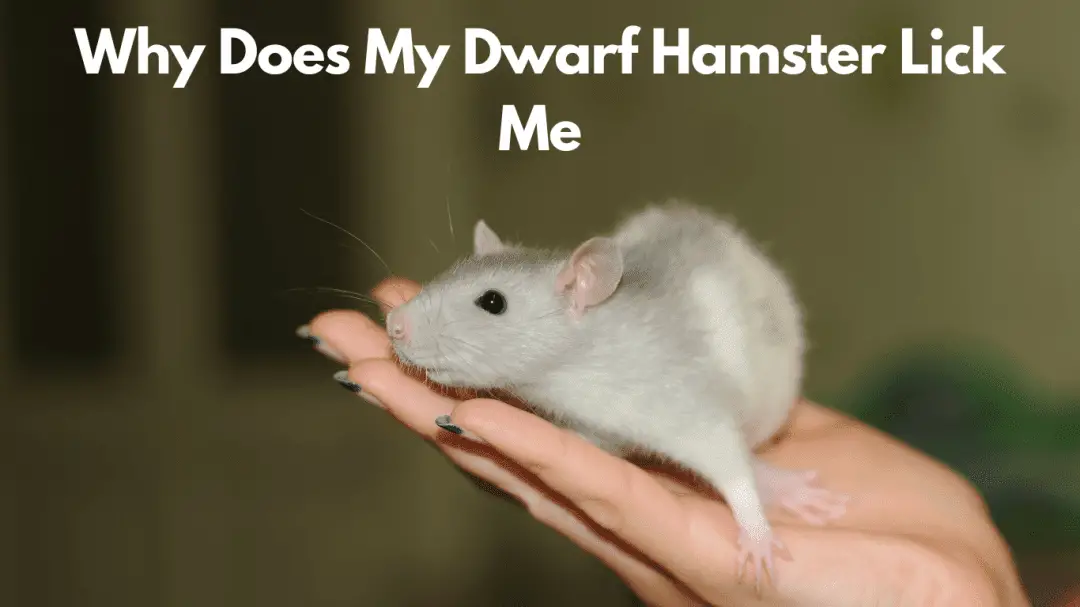If your hamster is usually active and playful but suddenly seems lethargic, it could be a sign of illness. Lethargy in hamsters can be caused by a number of different things, so it’s important to take note of any other changes in your pet’s behavior or appearance. If your hamster is lethargic and you’re not sure why, take them to the vet for a check-up.
A Syrian hamster is very lethargic and not eating.
There are many possible reasons why your hamster might be lethargic. It could be sick, it could be stressed, or it could be simply getting old. If your hamster is usually active and suddenly becomes lethargic, it’s important to take notice and see if there are any other changes in its behavior or appearance.
If your hamster is lethargic and also has other symptoms like diarrhea, vomiting, or trouble breathing, then it’s likely sick and you should take it to the vet right away. If there are no other obvious signs of illness but your hamster is still lethargic, try to think of anything that might have changed in its environment that could be causing stress. Maybe there’s a new pet in the house that’s been bothering it, or perhaps you’ve been handling it more than usual.
Sometimes even a change in the type of food you’re feeding can cause stress. If you can’t think of anything that might be stressing out your hamster, then it’s possible that it’s just getting old and slowing down.
Signs a Hamster is Dying
When a hamster is dying, there are several signs that may be apparent. Hamsters are relatively small creatures, so they do not have a lot of reserve energy. This means that when they are sick or dying, it is often more obvious than with other animals.
Some common signs that a hamster is dying include:
1) Loss of appetite: Ahamster that is eating less and losing weight is likely nearing the end of its life.
2) Dull coat: A healthy hamster has a shiny, thick coat.
If the coat becomes dull and thin, it is a sign of poor health.
3) Lack of grooming: Healthy hamsters spend a lot of time grooming themselves. If a hamster stops grooming, it may be too weak to clean itself properly.
4) Lethargy: Ahamster that sleeps more and is less active than usual may be dying.
5) labored breathing: If a hamster’s breathing appears to be shallow and rapid, it may be in respiratory distress and near death.
Why is My Hamster Not Active at Night
If you’re noticing that your hamster is less active at night, there could be a few reasons why. It’s important to keep an eye on your furry friend to make sure they’re healthy and happy, so here are a few potential explanations for why your hamster might not be as active at night.
One possibility is that your hamster is simply getting older.
As they age, hamsters naturally become less active and sleep more. If you’ve had your hamster for a while and notice that they’re sleeping more during the day and less at night, this could be the reason.
Another possibility is that something in their environment has changed.
Maybe you recently moved their cage to a different location in your home or introduced some new furniture into their room. Hamsters are very sensitive to changes in their surroundings, so it’s possible that something has upset them and made them less active at night.
There could also be a medical reason for why your hamster isn’t as active at night.
If they’re not eating or drinking as much as usual, if they seem lethargic or have lost weight, it’s best to take them to the vet to get checked out. These could all be signs of illness which can make hamsters less active overall, including at night.
If you’re concerned about why your hamster isn’t as active at night, it’s always best to consult with a veterinarian who can help you figure out what might be going on and how to best help your furry friend feel better.
Hamster Lethargic Eyes Closed
If you notice that your hamster is lethargic and has its eyes closed, it’s important to take action. This could be a sign of a health problem, and if not treated promptly, it could be fatal.
There are many potential causes of lethargy and eye closing in hamsters.
It could be something as simple as a cold or dehydration, or it could be something more serious like heat stroke or an infection. If your hamster is showing these signs, take it to the vet right away to get checked out.
In the meantime, make sure your hamster is getting plenty of fluids and try to keep it cool.
If it’s dehydrated, offer it water or Pedialyte to drink. And if you think it may have heat stroke, mist its cage with cool water and put ice packs on its tummy (but never directly on its skin).
If your hamster is sick, the sooner you get treatment, the better.
So don’t delay – take action now to help your furry friend feel better!
Hamster Lethargic Wobbly
If your hamster is lethargic and wobbly, it may be suffering from a condition called wet tail. Wet tail is a serious condition that can be fatal if not treated immediately. Symptoms include diarrhea, lethargy, loss of appetite, and dehydration.
If your hamster shows any of these symptoms, take it to the vet immediately.
Hamster Dying
No one wants to think about their hamster dying, but it’s important to be prepared in case it happens. Here’s what you need to know about your hamster’s end of life care.
When a hamster is nearing the end of its life, it will usually become less active and start to lose weight.
It may also have changes in its fur, such as graying or thinning. If your hamster is showing these signs, it’s time to start preparing for its death.
The first thing you’ll need to do is find a vet who specializes in small animals.
They can help you determine if your hamster is truly at the end of its life, and can also provide guidance on how to care for it during this time. Once you’ve found a vet, make sure to schedule an appointment so they can properly assess your hamster’s condition.
If your vet determines that your hamster is indeed dying, there are some things you’ll need to do to make sure it stays comfortable until the end.
First, continue feeding it a normal diet and giving it fresh water daily. You may also want to give it small amounts of honey or sugar water for energy. Additionally, keep its cage clean and free from any sources of stress (such as loud noises or bright lights).
Finally, spend time with your hamster every day so it knows it isn’t alone during this difficult time.
Caring for a dying hamster can be challenging, but following these tips will help ensure that your pet stays comfortable until the very end.

Credit: www.youtube.com
What are the Symptoms of a Sick Hamster?
There are a few symptoms that may indicate that your hamster is sick. These include lethargy, lack of appetite, diarrhea, and more. If you notice any of these signs, it’s important to take your hamster to the vet as soon as possible.
Is My Hamster Tired Or Sick?
If you notice your hamster is sleeping more than usual, it may be sick or tired. To tell the difference, observe your hamster’s behavior and energy level. A sick hamster will be less active and may have a poor appetite.
If your hamster is just tired, it will be more sluggish than normal but still want to eat and play. If you think your hamster may be sick, take it to the vet for an evaluation.
Why Does My Hamster Look Lifeless?
If you notice that your hamster is looking lethargic or lifeless, it could be a sign of illness. Some common illnesses in hamsters include respiratory infections, wet tail, and heart disease. If your hamster is showing any other signs of illness, such as sneezing, runny nose, watery eyes, or diarrhea, take them to the vet right away.
Lethargy can also be caused by stress, so make sure their cage is clean and spacious and that they have plenty of food and water.
How Do I Know If My Hamsters Depressed?
There are several signs that may indicate that your hamster is depressed. These include a loss of appetite, weight loss, lethargy, and decreased activity levels. If you notice any of these changes in your hamster’s behavior, it is important to take them to the vet for a check-up.
Conclusion
If your hamster is lethargic, it may be a sign of illness. Some common causes of lethargy in hamsters include dehydration, malnutrition, and stress. If your hamster is not eating or drinking enough water, it may become dehydrated.
This can lead to lethargy and even death. Make sure to provide your hamster with fresh water daily and monitor its food intake to prevent dehydration. Stress is another common cause of lethargy in hamsters.
If your hamster is living in an unhealthy environment or isn’t getting enough exercise, it may become stressed. This can lead to a number of health problems, including lethargy. Be sure to provide your hamster with a healthy diet, plenty of exercise, and a clean cage to avoid stress-related problems.
- understanding hamster body language - April 22, 2024
- In The Wild: Exploring The Lives Of Wild Hamsters - April 22, 2024
- Leaky Bladders And Urinary Woes: Understanding Hamster Urinary Issues - April 22, 2024


